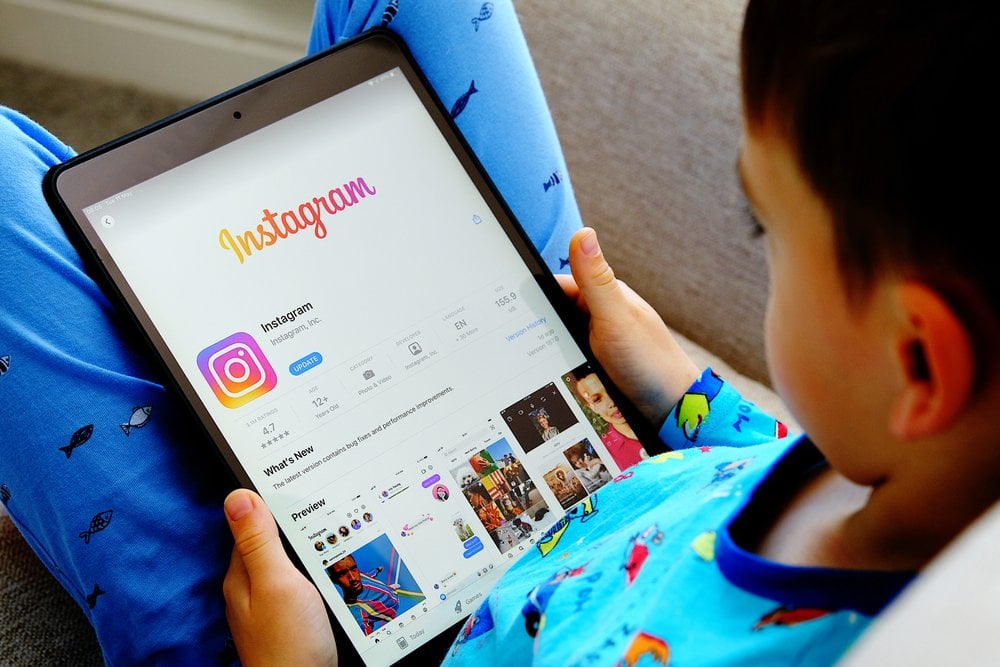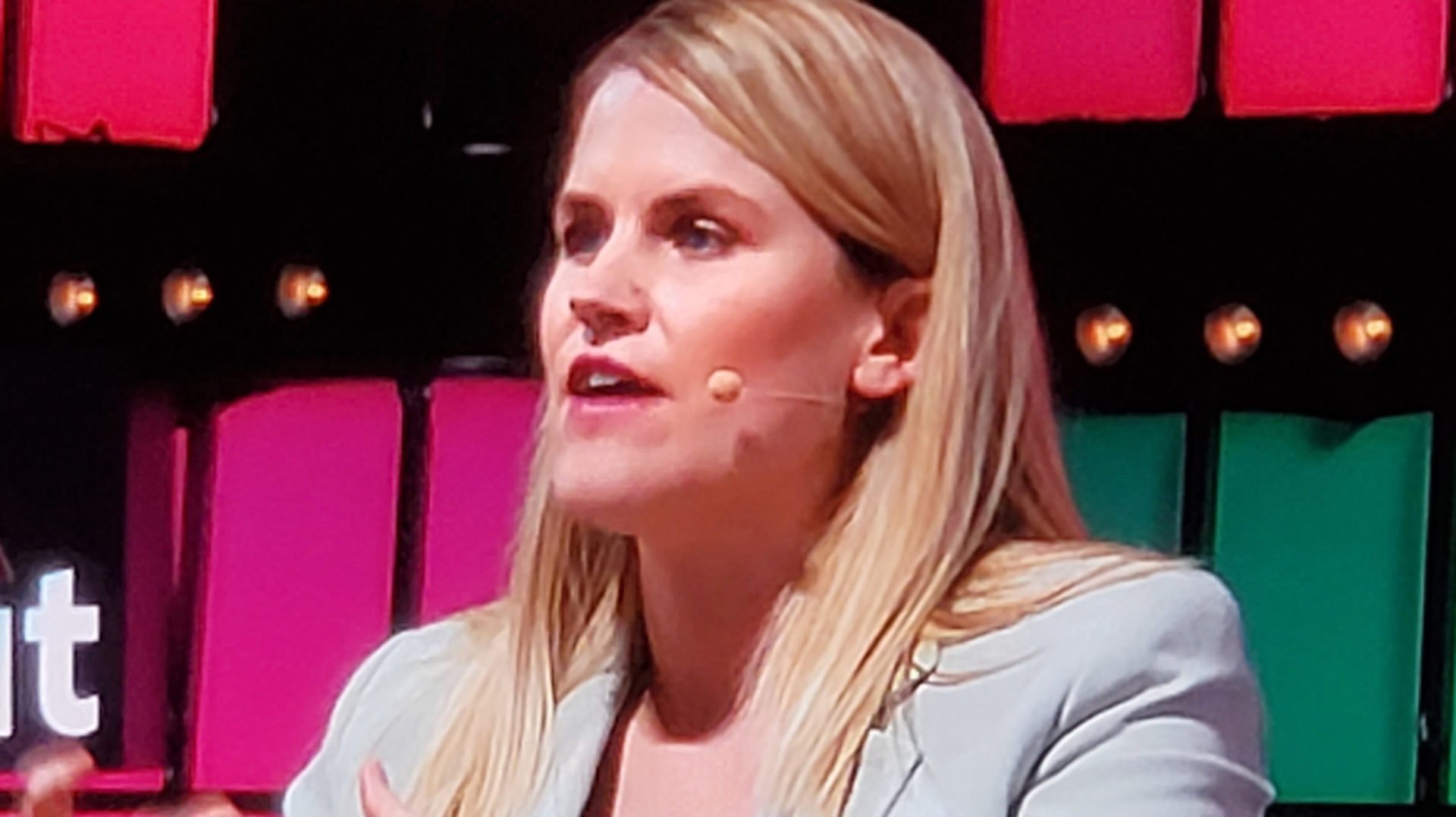I’ve never seen Mark Zuckerberg beaming throughout an entire press announcement, as he did today at the launch of the new Facebook phone software. It shows that he believes the so-called “Facebook Home” for Android means Facebook has nailed an important piece in its evolution toward becoming central to the communications systems for all the people of the planet. That is, after all, his goal, as it has been since roughly late 2004. You can tell he has confidence that Facebook has made good decisions about what we need in a new interface for interacting with phones, and that he’s certain of the quality of the engineering and design thinking behind the product.
Facebook Home could put substantial pressure on Apple. It could, oddly, benefit Google substantially even as it points up significant weaknesses in that company’s own mobile software approach. And it could erase whatever doubts anyone may have had recently—many from people overly-influenced by a too-short-term view of Facebook’s stock price—about this extraordinary company’s ability to innovate, and its CEO’s ability to lead.
Somebody on CNBC asked me today before the announcement unfolded if Zuckerberg can be compared to Steve Jobs in his ability to see around corners and give people what they want before they know they want it. I hesitated, as that’s a daunting comparison. I said he had great talents, but maybe wasn’t yet at that level. I think he was smiling today because he realizes he’s getting closer.
Make no mistake—this is an epochal shift. Facebook is shedding its past as a system for PCs and wholly embracing a new role for a new era—a provider of information and experiences for people moving throughout the world, not sitting still. Zuckerberg and the Facebook executives who spoke today were emphatic about the importance of what they were announcing. Cory Ondrejka, the company’s VP of mobile engineering, said it bluntly at the announcement: “With Home it’s not just mobile first, but mobile best. We want mobile to be the best, the fastest, the highest-quality way to experience Facebook.”


From Zuckerberg’s point of view, it advances his longstanding campaign to build software that reflects how he thinks people experience the world—through their relationships with other people. That is why Facebook exists. He sees our era’s great opportunity for technology to be to facilitate a human and friend-centric approach to daily life. Turning to phones now in earnest, he sees even greater opportunity. As he put it as the press conference opened, “What if our phones were designed around people, not around apps?”
What the company announced today was more than had been predicted beforehand. It wasn’t just a new layer of Facebook software that you see when you turn on your phone, a kind of super-Android app. Instead it was a Facebook-centric way of managing your entire time on your phone. And while there was an important announcement from AT&T and HTC that a special purpose-built Facebook Home-centric phone called the HTC First would go on sale April 12, Zuckerberg emphasized that the software will be available on that same day for free for any Android phone from the Google Play Store.
Now anyone can see all their apps in the context of the Facebook universe, if they choose to install the Home software. And perhaps most importantly, Facebook has reconceived messaging, so you can readily and simply receive and send messages without leaving whatever other activity or app you are engaged with on your Android phone. The odd but compelling new little objects the company calls “Chat Heads” will allow you to converse with elegant ease.
The chat interface is perhaps the most groundbreaking part of Facebook’s announcement. Putting chat and associated interactions front and center on the smartphone user experience has such an air of inevitability that one wonders why it hasn’t happened before, given how central that part of a user’s behavior has become. Why haven’t Apple and Google given us these options before? Interestingly, Facebook’s new Chat Heads will work with conventional SMS messages as well as Facebook messages, since SMS is already integrated into the Facebook Messenger app, a key part of Facebook Home.
While Google in one sense looks bad, since it raises the inevitable question of why it couldn’t do such communications innovation itself, the search giant will nonetheless benefit substantially, especially in its rivalry with Apple. I can see the tide turning away from iPhone toward Android even more rapidly if this catches on, as I suspect it will. And unless Apple makes a fundamental shift in its acceptance of experiences created by others, something like Facebook Home is not ever likely to be on an iPhone. It can happen on Android because, as Ondrejka said today, “Android was built from the ground up to be open.” Apple’s iOS mobile operating system was built from the ground up to be closed. And as for why Facebook came up with this instead of Google—Facebook simply has people-centric thinking more deeply embedded in its DNA. That’s why it can so readily innovate in communications.
Recent data suggests that roughly 20% of the total time Americans spend on smartphones is time on Facebook. That overwhelmingly surpasses any other application. So it is hardly radical to think that putting the Facebook experience front and center is something people are going to want. I think this new software will lead to even more use of Facebook, and accelerate even faster the switch of Facebook use from computers to phones.
Among its many impressive virtues, this historic new product, presuming the software works as intended, may lead the world to reassess Facebook. It has become a sophisticated technology company. This is a major moment in the maturity of the company. And perhaps in the maturity of its still-so-young CEO. As he said in closing the announcement, “This is a deeply technical problem, and also a deeply social problem. This is the kind of work that Facebook and our culture and our community are uniquely built to do.” He said it seriously. And then he beamed.
David Kirkpatrick is chief techonomist at Techonomy and the author of The Facebook Effect: The Inside Story of the Company that is Connecting the World.
Why Zuckerberg Beamed as He Announced Facebook Home for Android
I've never seen Mark Zuckerberg beaming throughout an entire press announcement, as he did today at the launch of the new Facebook phone software. It shows that he believes the so-called "Facebook Home" for Android means Facebook has nailed an important piece in its evolution toward becoming central to the communications systems for all the people of the planet. That is, after all, his goal, as it has been since roughly late 2004. You can tell he has confidence that Facebook has made good decisions about what we need in a new interface for interacting with phones, and that he's certain of the quality of the engineering and design thinking behind the product.















